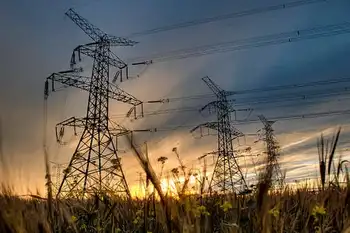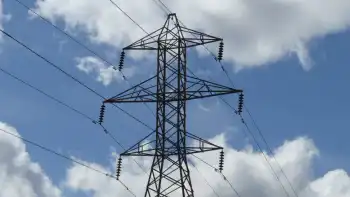Court rulings delay power projects
By Globe and Mail
Substation Relay Protection Training
Our customized live online or in‑person group training can be delivered to your staff at your location.

- Live Online
- 12 hours Instructor-led
- Group Training Available
In separate judgments handed down recently, the court found the B.C. Utilities Commission erred in not determining whether natives had been adequately consulted over an Electricity Purchase Agreement (EPA), involving BC Hydro and Rio Tinto Alcan Inc., and over a new power line proposed by the British Columbia Transmission Corporation, from Merritt to Coquitlam.
One case involved a decision by the commission to reject a motion by the Carrier Sekani Tribal Council concerning a 2007 BC Hydro application for an EPA. The EPA would have cleared the way for BC Hydro to purchase surplus electricity from Rio Tinto Alcan Inc.
The power is generated by the diversion of water created by the Kemano power project, which was built by Alcan in the 1950s.
The Carrier Sekani argued that accepting the EPA would be a jurisdictional error because the band wasn't consulted initially, when the power project was first built. The water diversion flooded native graveyards and caused declines in important salmon and sturgeon fisheries.
The band argued there was a "historical, continuing infringement of aboriginal title and rights."
The B.C. Utilities Commission, however, rejected the Carrier Sekani position on the grounds that there were no new physical impacts created by the EPA.
But the court disagreed with that decision, saying BC Hydro had been "taking commercial advantage of an assumed infringement on a massive scale, without consultation."
The court ruled that the B.C. Utilities Commission must reopen the application for an EPA, so that it can consider whether a duty to consult with the Carrier Sekani had ever been met.
In the second case, the Court of Appeal found that the Kwikwetlem First Nation had not been adequately consulted over a 246-kilometre power line that the B.C. Transmission Corporation proposed to build from Merritt to Coquitlam.
The line would pass through the traditional territory of several bands, but the courts found the B.C. Utilities Commission had failed to assess whether there was adequate consultation.
"Consultation requires an interactive process with efforts by both the Crown actor and the potentially affected First Nations to reconcile what may be competing interests. It is not just a process of gathering and exchanging information. It may require the Crown to make changes to its proposed action based on information obtained through consultations. It may require accommodation," the court stated.
The court ordered the utilities commission to "reconsider the scoping decision" approving the transmission line.











